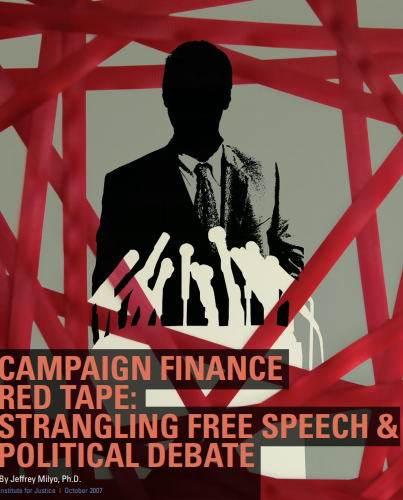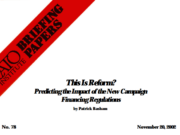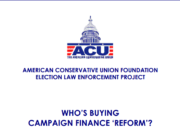Twenty-four states provide citizens the ability to make laws directly through ballot measures. However, these states also strictly restrict the First Amendment rights of citizens to speak out about these ballot measures. As such, various disclosure requirements result in complex registration and reporting requirements that are difficult for even the most highly educated citizens to decipher. In an effort to prove this, the author used an innovative experiment, where a sample of 255 citizens was asked to complete actual disclosure forms. Unsurprisingly, not one person completed the forms correctly. Using these findings, the author argues that these disclosure laws are both unnecessary and an obstacle to the free speech guaranteed to all.














